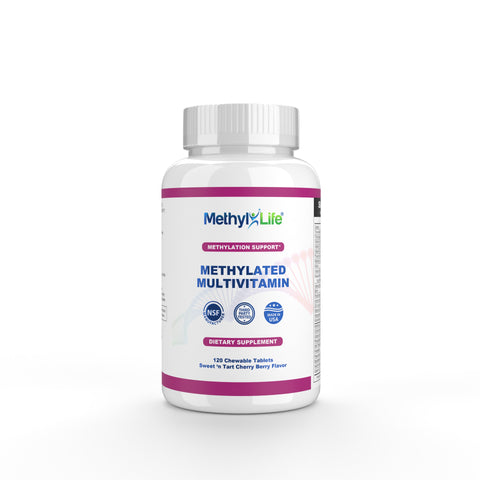Having a child is one of the most - if not the most - rewarding journeys you’ll experience in your life, but it will come with a wide range of challenges and responsibilities. One of those responsibilities is making sure your child remains healthy on a daily basis, especially in the early years when growth and development is at its peak.
While your child’s first steps will likely be one of the first major milestones you record, their first words will be one of the most memorable moments of their young life - at least for their parents. Because of this, you’ll want to monitor their language development closely and ensure they’re being raised in an environment that encourages their development.













